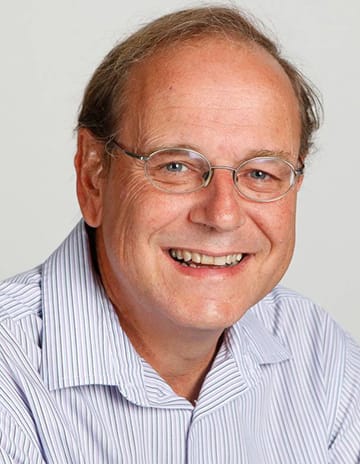One thing I’ll never forget about the O.J. Simspon trial was the collective audible gasp in the newsroom when he was acquitted in the murder of his ex-wife Nicole Brown Simpson and her friend Ron Goldman.
I think I was the only one there who wasn’t completely astonished when the verdict was announced. I’d been watching the case unfold for months and, on the evidence presented, I thought it could go either way.
That was 28 years ago, and today, after the news that Orenthal James Simpson, 76, has died of cancer, all those memories are rushing back to me.
His trial consumed the better part of a year of my life. I was city editor of the Pasadena Star-News — and the designated O.J. editor for the entire Thomson Newspaper chain, an international conglomerate that then had about 130 newspapers in the U.S. and Canada.
My routine for most of 1995 was this: In the morning, I turned on my desktop TV to watch the “Trial of the Century” and in the evening, I’d edit all the stories that our reporters produced that day. Then I’d watch as much TV news coverage as I could to see if we’d missed anything.
Adding to my daily stress level was the fact that the judge in the trial, Lance Ito, lived in Pasadena and was one of our subscribers. He referenced our coverage several times from the bench, sometimes complimentary and sometimes critical.
To this day, it’s the most sustained strain I ever had to deal with as a journalist.
I’ve reported and edited many major stories, but never one where the news just kept breaking, day after day, month after month.
For those too young to remember, it’s probably difficult to comprehend how the trial captivated America’s attention for so long. Known as “The Juice,” Simpson was one of the greatest football running backs to ever play the game.
A Heisman Trophy winner who set the college football rushing record, he went on to a brilliant Hall of Fame career in the NFL, again shattering records and amassing more than 14,000 all-purpose yards in an 11-year career, mostly with the Buffalo Bills.
His naturally affable public persona made him a star off the field as well, in movies, sports broadcasting and advertising, most notably his classic ads for Hertz Rent-A-Car, running through airports to catch a plane.
When the murders happened, it became a classic tale of a legendary hero become arch villain.
But it was more than that. All along, it was tinged with subplots of sex, race and class divisions and how the police were doing their job.
It laid bare elements of L.A. — and American — life that everybody knew about, but seldom talked about.
On the day of the verdict, I had little time to contemplate those ramifications, because I was way too busy racing to put out an extra edition.
We’d worked on the extra for weeks, creating a comprehensive record of the murder, Simpson’s capture after a slow-speed chase on the California freeways, and turning points of the trial.







